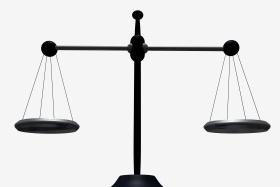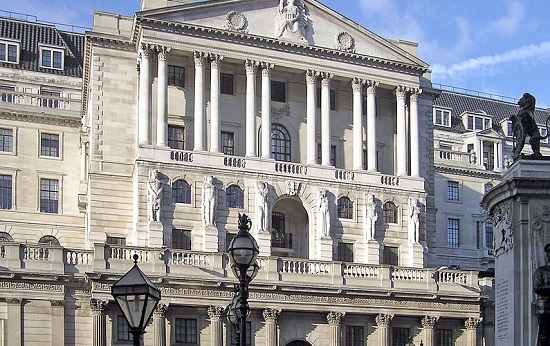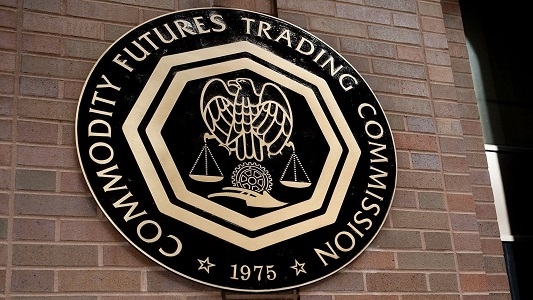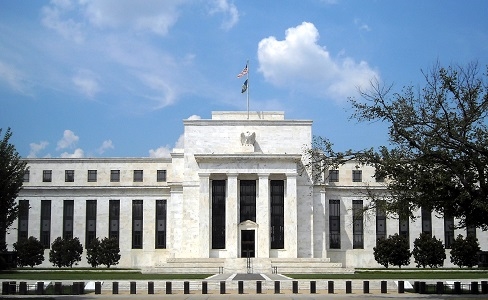Six SS takes sides with Euroclear

The firm revealed its stance following an exclusive report by Global Investor/ISF <http://bit.ly/1ivCdnt> about a rift in the CSD market over the interpretation of a provision in the depositary liability regime of the AIFM directive where services are provided by securities settlement systems (SSSs) – which are run by CSDs.
The directive imposes strict liability on depositary banks for loss of assets with few exceptions.
The provision says that depositary banks are not liable for assets lost at an SSS. This has led the large custodian banks - which can set up depositary bank licences under the AIFM directive - to consider how holding assets directly with a CSD would help them reduce liability but there has been wide disagreement over what services of an SSS the exemption covers.
One camp – which includes Euroclear – believes safekeeping agents are a necessary part of the CSD infrastructure and that depositary banks should not be liable for them.
Alex Merriman, head of market policy at the Swiss infrastructure, Six Securities Services added: “We completely share Euroclear’s interpretation about the AIFM directive liability provision not applying to CSDs. It is not as if this is a completely unregulated part of the business: we are subjected to stringent regulatory controls on the selection and maintenance of sub-custodian accounts.”
CSDs have direct links with other CSDs but in some cases they have indirect links when they hold securities through sub-custodians to link with other CSDs.
Ilse Peeters, director in Euroclear’s public affairs division, told Global Investor/ISF at the end of November: “If a depositary bank deposits assets in an SSS it is not subject to the AIFM directive liability clauses regardless of the way the SSS holds the assets.
"As a market infrastructure, we are regulated more strictly than sub-custodians and also where we have indirect links, we are subject to very strict rules. The current debate centers around the functional way in which the market works but the proposed regulation is actually institutional.”
Merriman said it is “unhelpful” to draw questions over the institutional or otherwise nature of an SSS.
“If you start trying to nitpick, you risk undermining the unitary definition and interpretation of an SSS under existing adopted legislation such as Emir.”
The opposing camp takes the view that depositary banks would be able to avoid liability only where the safekeeping chain contains infrastructure entities – where it does not include underlying sub-custodians.
Philip Brown, head of global client relations and member of the executive board at Clearstream, told Global Investor/ISF at the end of November that there are risks for its clients relying completely on the liability exemption, especially where sub-custodians are used in the CSD chain.
"The approach we have taken is, we believe, a prudent and logical one, which attempts to align us with what a court might rule in the event of a loss,” he added.
The disagreement has renewed the debate over whether CSDs should continue to be viewed as pure infrastructure. A statement from the European Commission giving a very restrictive definition of the services of an SSS has complicated the matter even further <http://bit.ly/1ivCdnt>.
Some market participants have now called for a legal opinion or guidelines to be issued on the topic to remove the uncertainty. The Commission has not responded to further requests for comment.
Read the December cover feature for the full story on this topic <http://bit.ly/1bG0xiL>.
Found this useful?
Take a complimentary trial of the FOW Marketing Intelligence Platform – the comprehensive source of news and analysis across the buy- and sell- side.
Gain access to:
- A single source of in-depth news, insight and analysis across Asset Management, Securities Finance, Custody, Fund Services and Derivatives
- Our interactive database, optimized to enable you to summarise data and build graphs outlining market activity
- Exclusive whitepapers, supplements and industry analysis curated and published by Futures & Options World
- Breaking news, daily and weekly alerts on the markets most relevant to you




